WEEK 1
Program Goals and Sleep Needs
Reflection: Health Screening
Education: Normal Sleep, Sleep Needs, and Insomnia
Goal Setting: Program Goals
Learning Objectives:
Complete a health-related screening questionnaire to identify coexisting sleep, medical, and psychiatric disorders that may interfere with program success.
Understand the basics of normal sleep, what insomnia is, and the most common causes of insomnia.
Learn how to use a sleep log to track sleep patterns over the course of the program.
Establish the ultimate goals to meet upon successful completion of the program.
Health Screening and Exclusions
Know thyself.
Temple of Apollo at Delphi
When new patients are first evaluated in my clinic, they complete a comprehensive 4-page intake questionnaire that includes a complete medical history and more than 50 specific queries on sleep. This self-directed program cannot substitute for the skill of a physician who knows you well, someone who can support your efforts and provide guidance. You should always consult with your physician about your medical conditions. You may need to coordinate your participation in this program with their support and advice, especially if you intend to make any changes in your use of sleeping pills.
There are limitations to any intervention and not everyone may be a candidate for participation in a cognitive behavioral therapy for insomnia (CBT-I) program. After years of experience, it is clear that when left untreated, certain medical conditions are associated with higher failure rates. Ignoring a coexisting problem will not make it go away. Instead, striving to complete CBT-I while ignoring a contributing cause is like running a race with a broken leg. There are a variety of medical conditions that should be optimally managed to succeed at CBT-I. Some of these conditions include:
Anxiety
Depression
Bipolar disorder
Chronic untreated pain
Fibromyalgia
Hypothyroidism
Chronic fatigue syndrome
Obstructive sleep apnea
Restless legs syndrome
Drug or alcohol abuse or withdrawal
Insomnia may be associated with many of these conditions. Just because you have been diagnosed with one of these problems does not mean that you cannot participate in the program. Carefully reflect on what contribution it may have in your situation. If you struggle, revisit its influence on your efforts.
Many people with insomnia question whether it is the right time for them to participate in a CBT-I program. Insomnia often develops in periods of stress. Reflect on whether you are experiencing an acute stress that is likely to resolve in the near future. For example, if you have insomnia while preparing for an examination, and this test is about to occur, it might not be the best time to work at improving your sleep over 6 weeks. You may also wish to defer involvement if you are experiencing a profound recent hardship or stress: divorce, bereavement, job loss, life-changing diagnosis, or personal tragedy. In an extreme analogy, if your house is on fire, dont focus on your sleep. However, if you are experiencing stressors as part of your routine life, and these are unlikely to change in the next few months, now is as good a time as any to get started.
Sleep History
In order to better understand the nature of your sleep problem, take a few minutes to explore some of the prominent features by answering the following questions. These reflections may help to guide you through the program, but they may also serve as a conversation starter with your physician and might prompt further sleep evaluation and testing. Lets start by considering your sleep patterns, with some commentary on why these questions are relevant:
How long have you had your sleep problem?
 <1 month
<1 month
 1-3 months
1-3 months
 3-6 months
3-6 months
 6-11 months
6-11 months
 _____ year(s)
_____ year(s)
Chronic insomnia that responds well to CBT-I occurs at least 3 nights per week and lasts for at least 3 months.
What time do you go to bed?
If you go to bed too early, you may find it is harder to fall asleep, stay asleep, or get back to sleep after waking in the night.
How long does it take you to fall asleep?
It is normal to fall asleep in less than 15 to 20 minutes after turning out the lights.
What do you do if you cannot fall asleep?
When you have difficulty initiating sleep, how you react and what you choose to do can make a difference in whether the insomnia persists.
How many times on average do you wake up in the night?
It is normal to wake up at night, but frequent awakenings can fragment sleep continuity and prolonged time awake at night may undermine sleep quality.
How much time is spent awake?
It is normal to spend less than 30 minutes awake in the night after falling asleep.
What time do you get out of bed in the morning?
Lingering in bed after waking may lead to lighter, fragmented sleep towards morning.
On average, how many hours of sleep do you need to feel rested?
Sleep needs vary based on age, but most adults need 7 to 9 hours of sleep on average each night. Older adults may only need 7 to 8 hours.
On average, how much time are you spending in bed overnight?
If your time in bed exceeds your sleep need, you will spend the difference awake. Too much time in bed, going to bed too early or staying in bed too late, is a common reason that insomnia persists.
What is your preferred sleep timing?
 Night Owl
Night Owl
 Morning Lark
Morning Lark
 Neither
Neither
Night owls commonly have trouble falling asleep and difficulty waking in the morning.
Beyond a better understanding of your sleep patterns, it is also important to recognize signs of other sleep disorders like obstructive sleep apnea and restless legs syndrome that may contribute to insomnia. These conditions may cause awakenings, make it hard to fall asleep or get back to sleep, and lead to other symptoms.
Consider some of these questions that may suggest the presence of sleep apnea:
| No | Yes |
| Do you snore? |  |  |
| Has someone witnessed you stop breathing when you sleep? |  |  |
| Do you wake up gasping or choking or with shortness of breath? |  |  |
| Do you have a dry mouth when sleeping? |  |  |
|
Next page
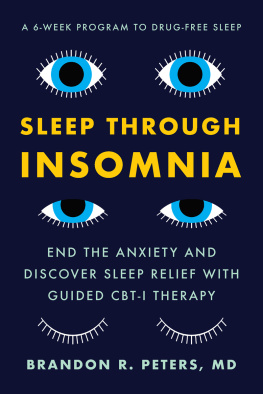

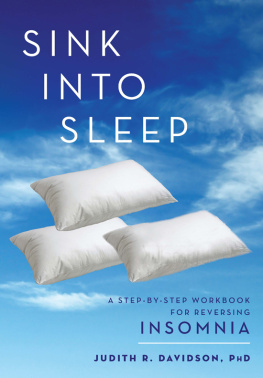
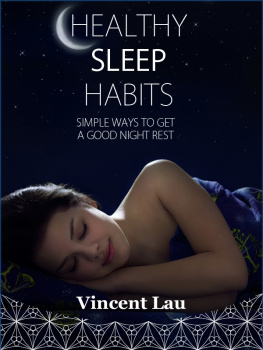
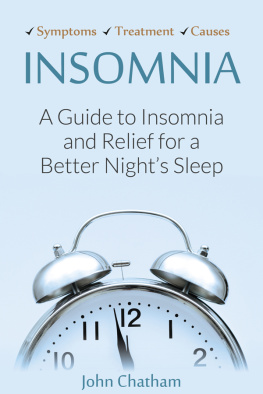
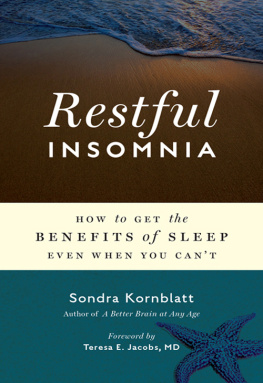
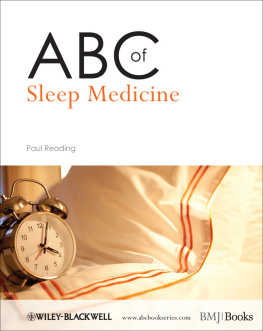
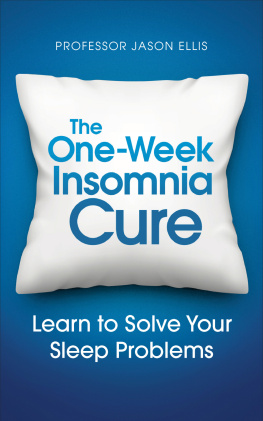
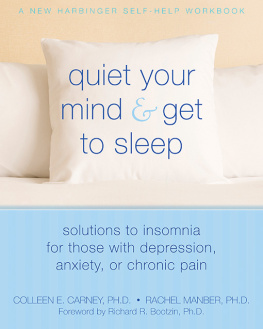
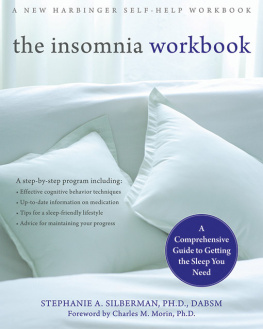
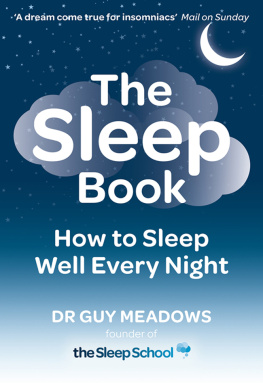
 <1 month
<1 month